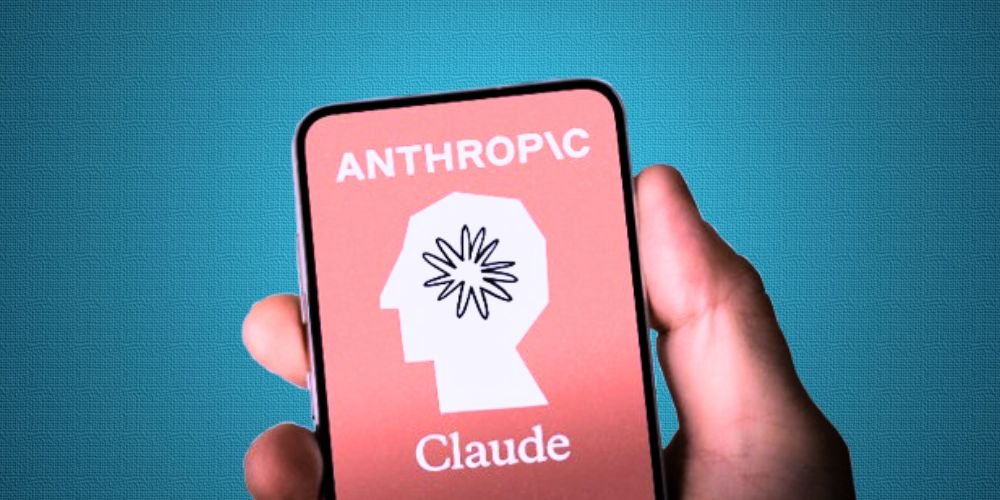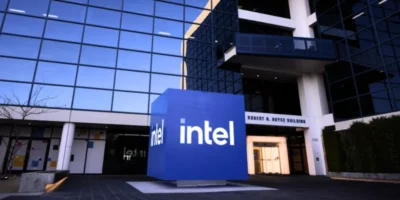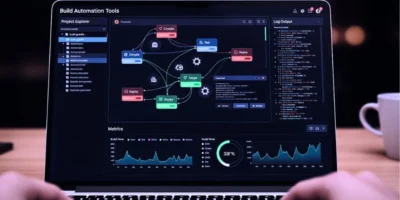Federal Judge William Alsup has dealt a significant blow to Anthropic, rejecting the tech company’s record-breaking $1.5 billion settlement in a massive copyright infringement lawsuit. The settlement, intended to compensate approximately 500,000 authors whose works were allegedly used without permission to train Anthropic’s large language models, was deemed insufficient by Judge Alsup. His primary concern centers on the perceived lack of transparency and protection for the authors themselves, suggesting the deal was unfairly structured and rushed.
Alsup’s rejection stems from a perceived lack of crucial details within the settlement agreement. He specifically criticized the absence of a complete list of copyrighted works used, a comprehensive list of affected authors, and a clearly defined notification process to ensure all class members are aware of the settlement and their rights. The judge also expressed concerns about the lack of a user-friendly claim form, a critical component that enables authors to participate and receive their share of the settlement.
The judge expressed his disappointment with the lawyers’ approach, stating that important questions remain unanswered, which could leave authors at a disadvantage. He emphasized his concern that the established monetary amount may overshadow the needs of the class members, potentially leading to inadequate compensation and a lack of due process. He cited a pattern in class action lawsuits where the initial enthusiasm for a large settlement fades, leaving the individual plaintiffs underserved after lawyers have secured their fees.
In response to these concerns, Judge Alsup mandated a significant revision of the settlement proposal. Lawyers have been ordered to provide authors with “very good notice,” including a detailed explanation of the settlement, an easy-to-understand claim form with a clear opt-in/opt-out option, and an ironclad guarantee preventing future lawsuits based on the same issues. Strict deadlines have been set: a revised list of works must be submitted by September 15th, and all elements of the settlement plan require court approval by October 10th.












